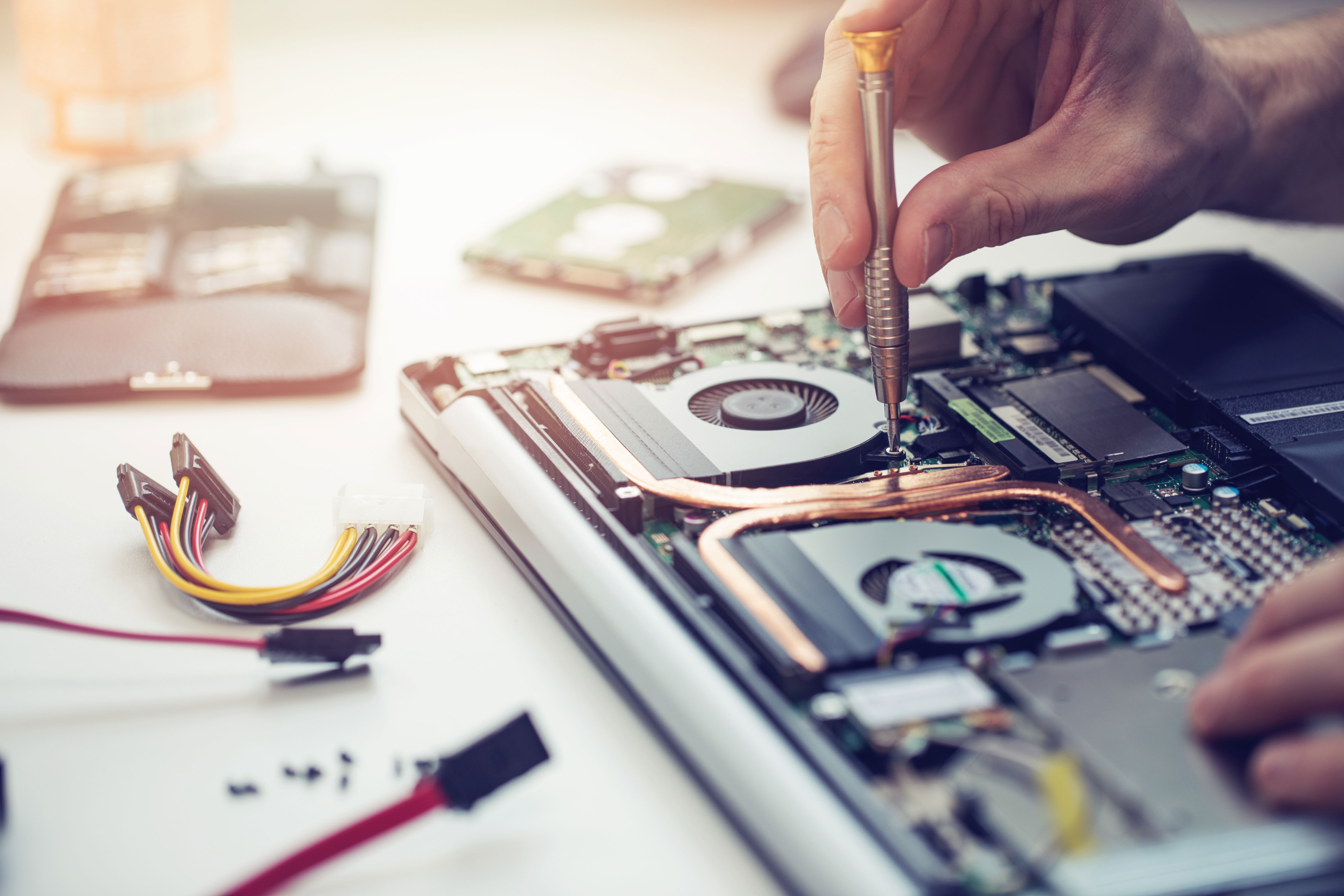Fix First, Replace Later
Relearning Patience in a Disposable World.
We live in a culture that values speed. Newer, faster, sleeker those are the traits that dominate headlines and advertising. When a device breaks or slows down, the modern instinct is to replace it. Why waste time fixing something when a better version is already waiting on the shelf? At Reboot Masters, we challenge that impulse. We believe in the power of repair, not just as a practical skill, but as a form of patience, understanding, and even resistance.
The Cost of Convenience
Replacing is easy. You swipe a card, unbox something shiny, and move on. But convenience has a cost. Manufacturing new devices consumes resources, generates emissions, and fuels a cycle of consumption that leaves behind a trail of waste—both physical and mental. We’ve been trained to think of our tech as disposable. But the truth is, most issues can be fixed. That cracked screen? Replaceable. That slow laptop? Probably needs a cleanup or RAM upgrade. That phone that won’t hold a charge? A new battery might bring it back to life. Choosing to fix first is not just about saving money. It’s about breaking free from a system that encourages waste and discourages understanding.

Repair Teaches You Something
Every repair attempt is a lesson. Even when it doesn’t go perfectly, you learn something about the device—and about yourself. You learn to troubleshoot, to observe, to make careful decisions. You become more than a user. You become a problem solver. That shift in mindset is powerful. When you fix something once, you’re more likely to try again. You start asking questions. You start noticing details. You realize that you don’t have to wait for someone else to fix your problems, you can figure it out yourself. At Reboot Masters, we’re here to support that mindset. We don’t just want your device to work again. We want you to feel capable.
The Emotional Side of Repair
There’s something personal about fixing what you already own. That laptop may be old, but it holds your history. That game console might remind you of time with friends. That desktop could have been your companion through school, work, or family milestones. Repairing isn't just a technical act. It’s an emotional one. It’s a way of preserving memories, respecting your tools, and building a deeper connection to the things you rely on every day. Replacing is forgettable. Repairing is memorable.
🌍 The Bigger Picture
On a global scale, choosing to fix first reduces e-waste and slows down the demand for constant production. That matters. Because every device you save from the landfill means fewer rare minerals mined, fewer toxic components discarded, and fewer emissions generated. Repairing may seem small, but it’s part of a much bigger conversation about sustainability, responsibility, and resilience.
Conclusion: Fix What You Can, Learn What You Can’t—Yet
Not everything can be repaired. Some issues go beyond what the average user can tackle. But the point is to try. To pause. To look for the fix before reaching for the replacement. At Reboot Masters, we believe fixing is a form of care. For your devices, your budget, your skills, and your planet. So the next time something breaks, ask yourself: Can I fix it?
And if the answer is “not yet,” we’re here to help you get closer.
